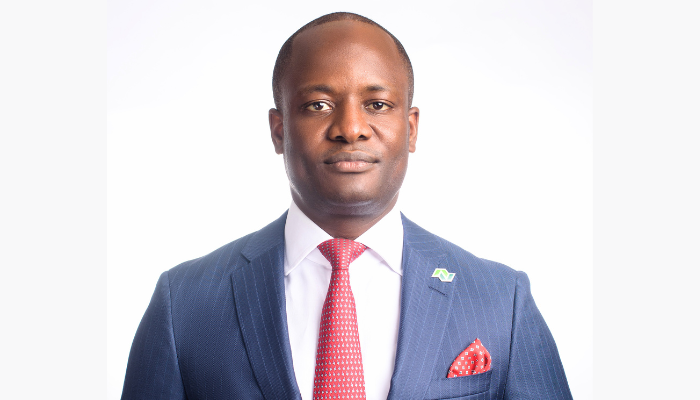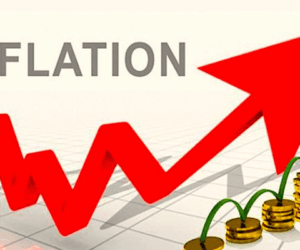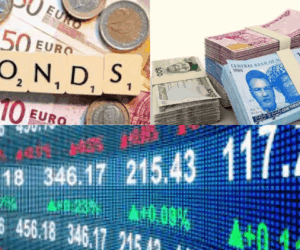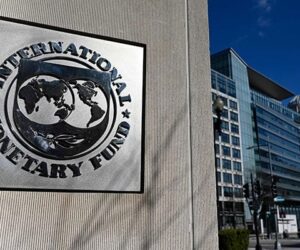Retail participation in Nigeria’s stock market surged in the first nine months of 2025, with transactions by individual investors rising 53 percent to N2.61 trillion, up from N1.7 trillion recorded in the same period of 2024.
According to Temi Popoola, GM/CEO, NGX Group, the rise in retail turnover demonstrates renewed investor confidence and the transformational impact of digital access, particularly platforms such as NGX Invest, in widening market participation.
“We believe this behaviour will continue as more digital platforms provide seamless access and as policy stability deepens. This reinforces the need for balanced, supportive policies that sustain this progress,” said Popoola.
Read also: Stock market nears N100trn as Index crosses 153,000 points
NGX Invest is an electronic platform designed to facilitate public offers and rights issues, making it easier for investors to participate in these investment opportunities. It simplifies the investment process, ensures safe and secure transactions, and offers a wide range of investment opportunities.
Retail transactions peaked in July, trading at N516.5 billion, followed by N343.67 billion in August, and N337.46 billion in May.
A summary of equities transactions in other months shows that retail investors traded stocks worth N267.35 billion in January, N214.51 billion in February, N197.12 billion in March, N181.31 trillion in April.
In June, retail deals stood at N274.63 billion, and N278.57billion in September.
In the nine-month period under review, total equities transaction on the Nigerian Exchange Limited (NGX) almost tripled to N8.538 trillion as against N3.96 trillion in the nine months of 2024. Foreign equities transactions stood at N1.840 trillion or 21.56 percent, while domestic transactions totalled N6.697 trillion or 78.44 percent.
“NGX Group remains committed to working closely with fiscal and regulatory authorities, driving innovation, strengthening partnerships across the financial ecosystem, and advancing policy initiatives that deepen digital inclusion, broaden product access, and enable domestic investors to contribute meaningfully to sustainable economic growth,” Popoola further noted, while responding to an enquiry on the strong upward trend in retail investor activity.
The Nigerian capital market will officially transition to a T+2 settlement cycle for equities transactions from Friday, November 28, in a move designed to align with global best practices and enhance market efficiency. The transition from the current T+3 (trade date plus three days) settlement cycle is now at the implementation stage following months of preparation and stakeholder testing.
Read also: Dangote Refinery listing could be the stock market’s long-awaited elixir
“The migration is expected to significantly enhance the Nigerian Capital Market by allowing investors quicker access to funds, thereby enhancing overall market liquidity and reducing counterparty risk exposure, thereby fostering a more stable and resilient market environment,” said the Securities and Exchange Commission (SEC).
“With clearer tax guidance now in place, sentiment should remain steadier in the near term” Meristem research analysts said in their recent note. In the trading week to November 14, equities market returns year-to-date (YtD) stood at 42.93 percent.









